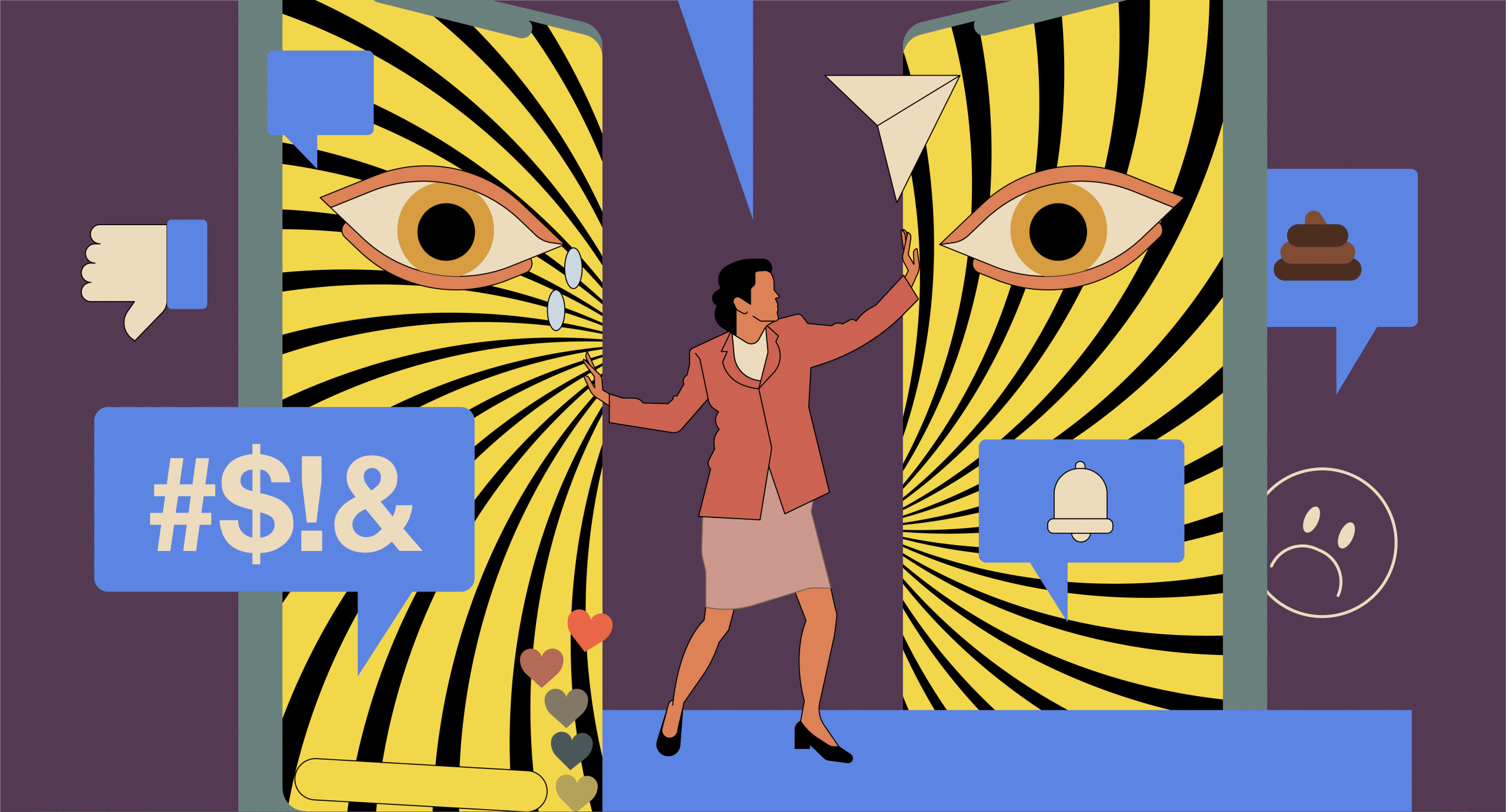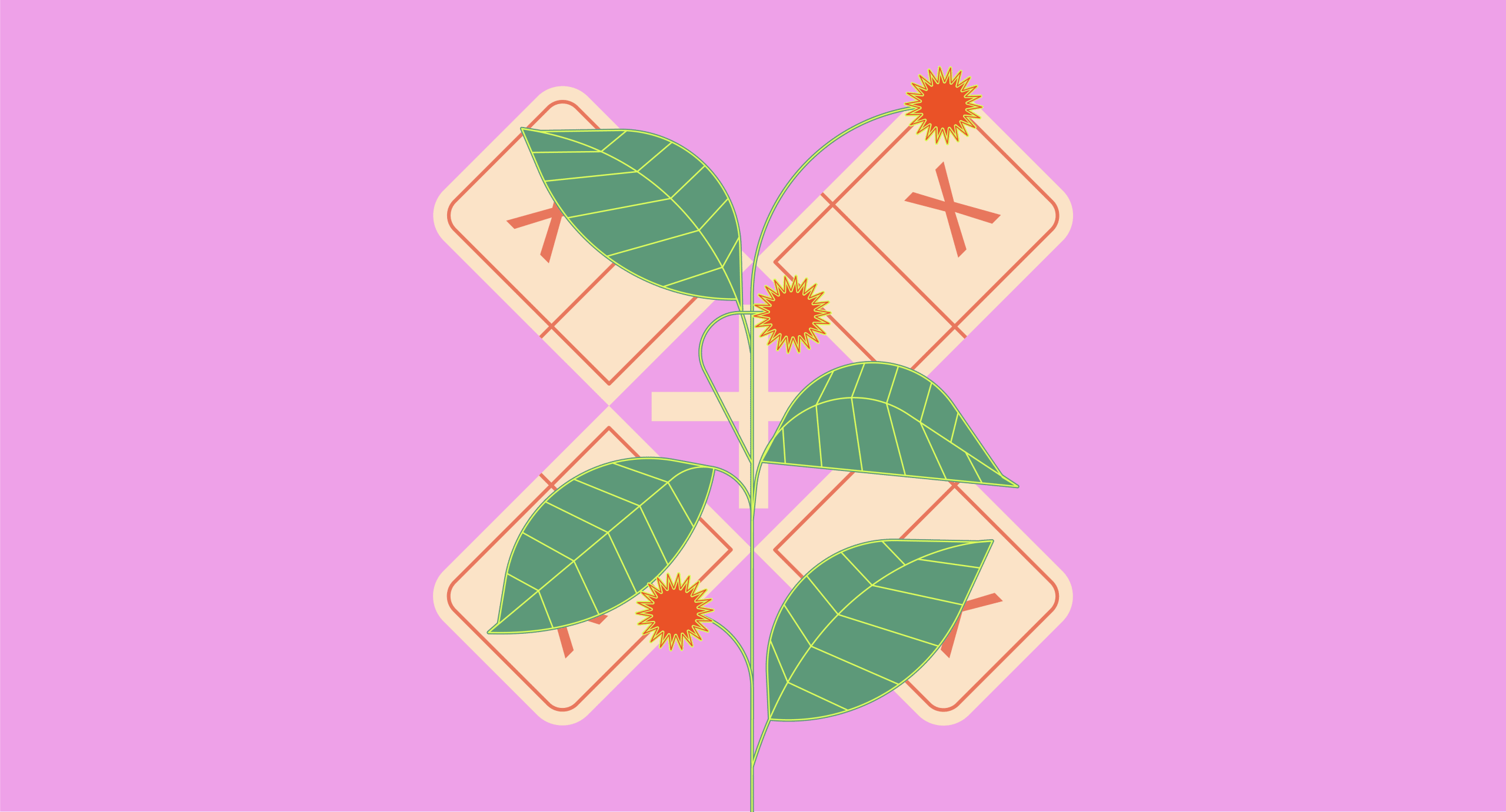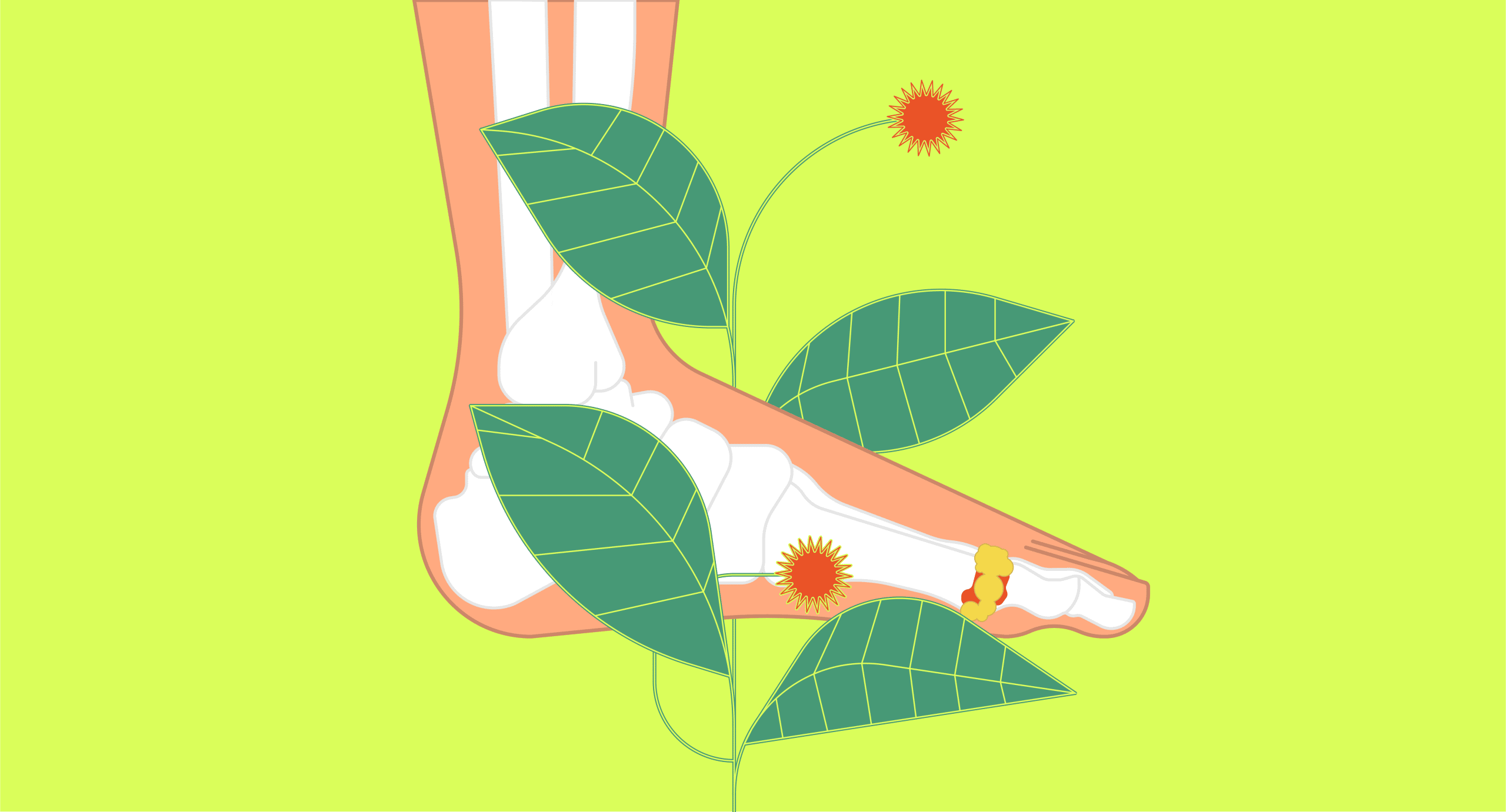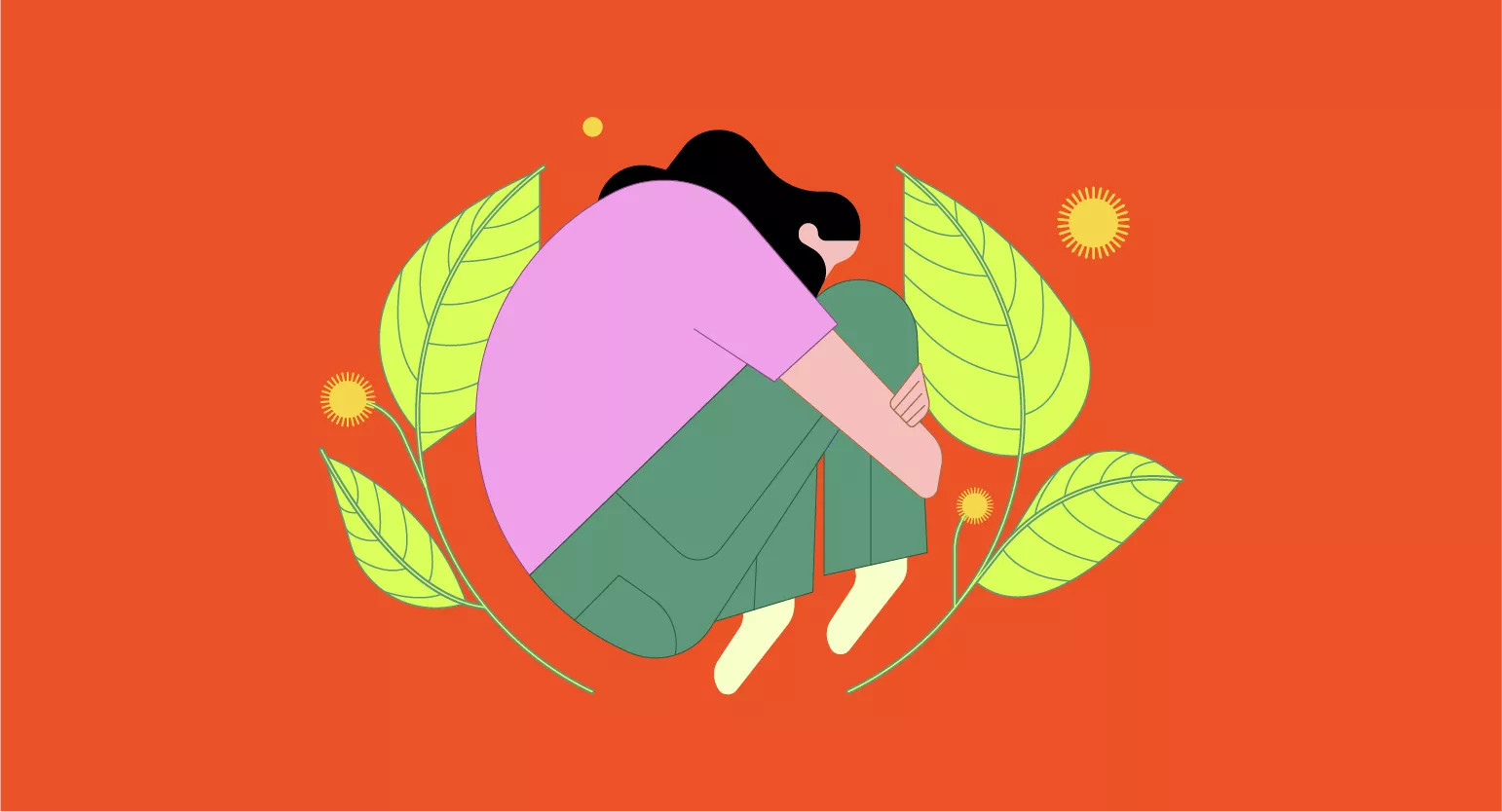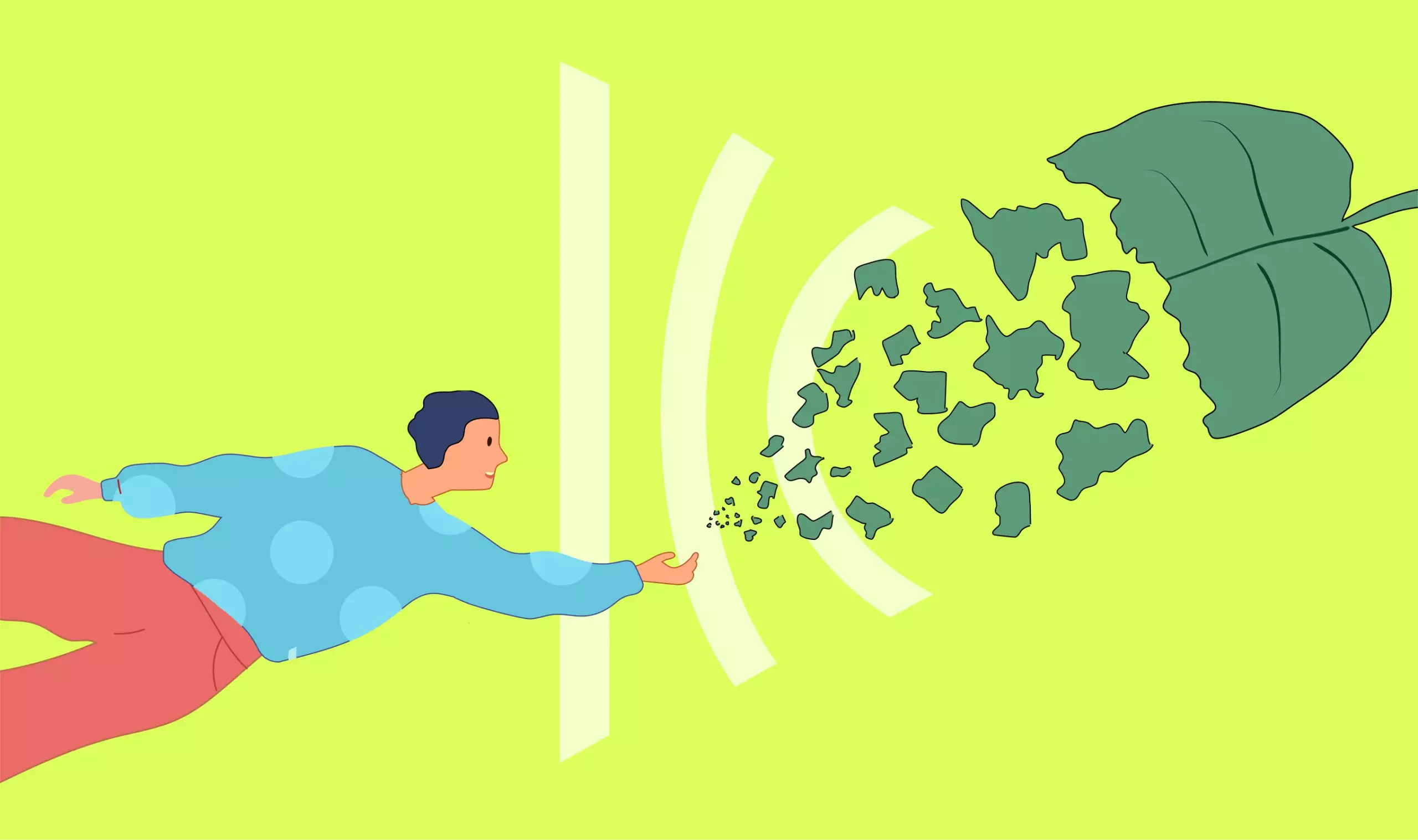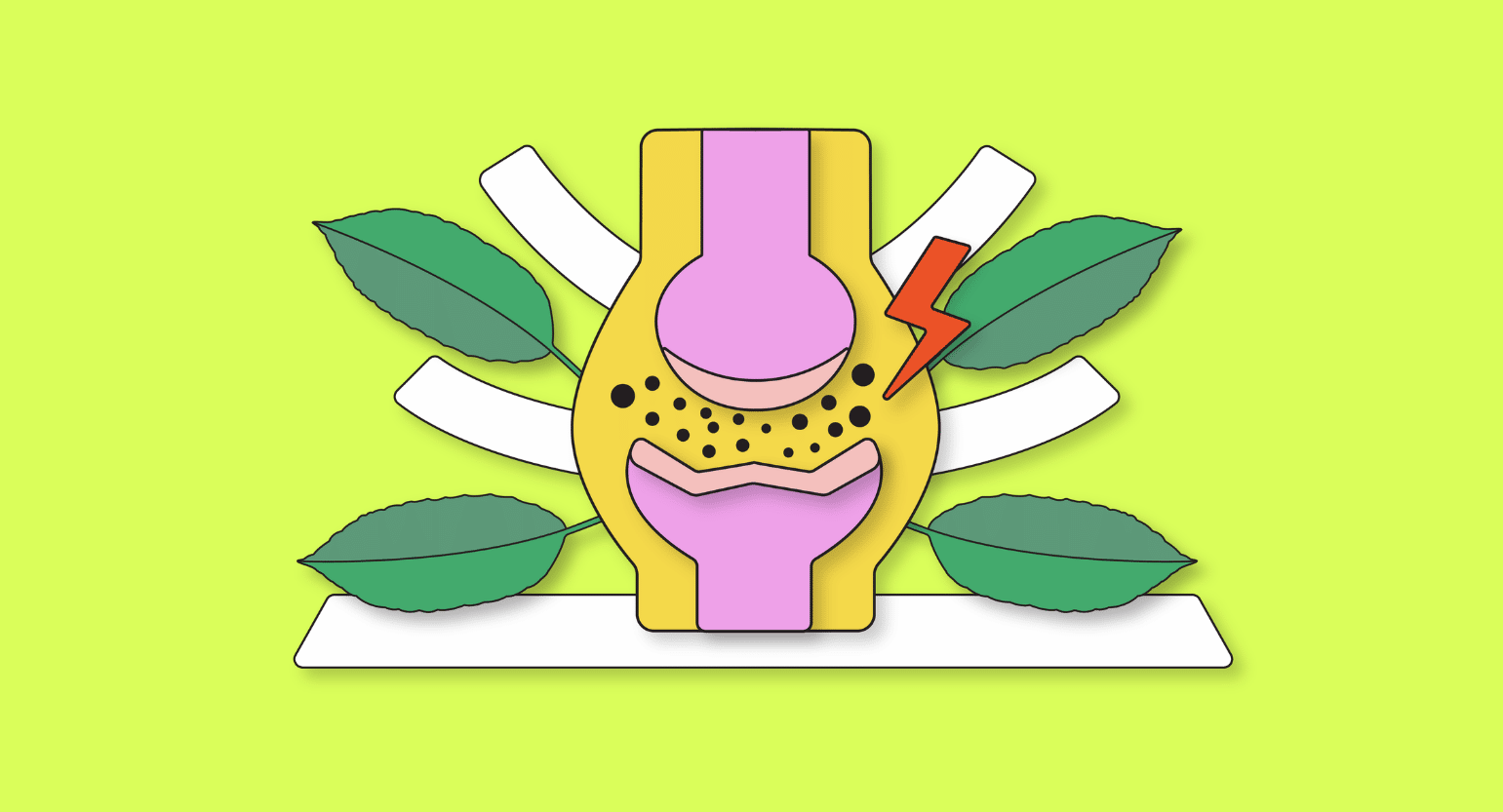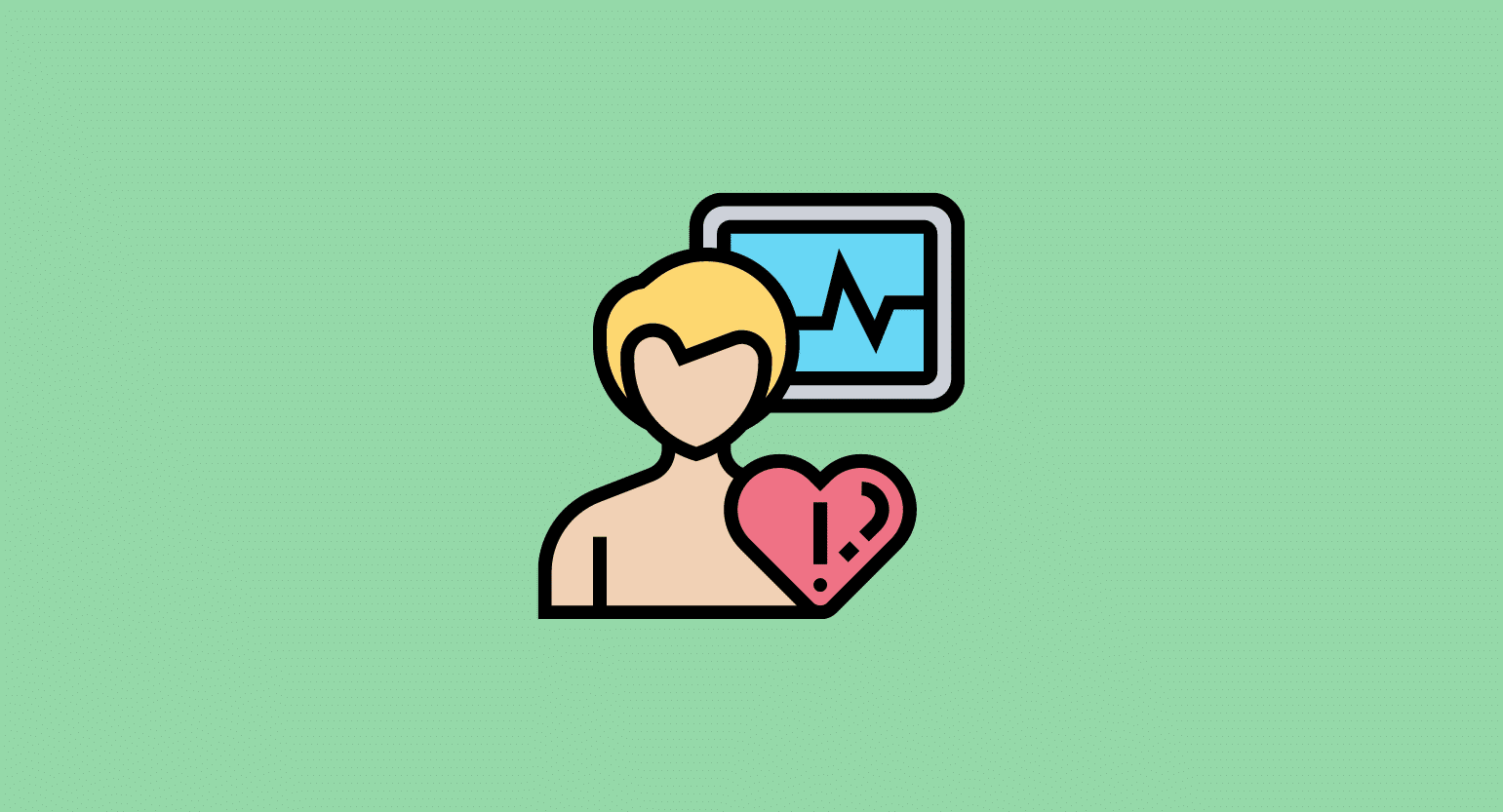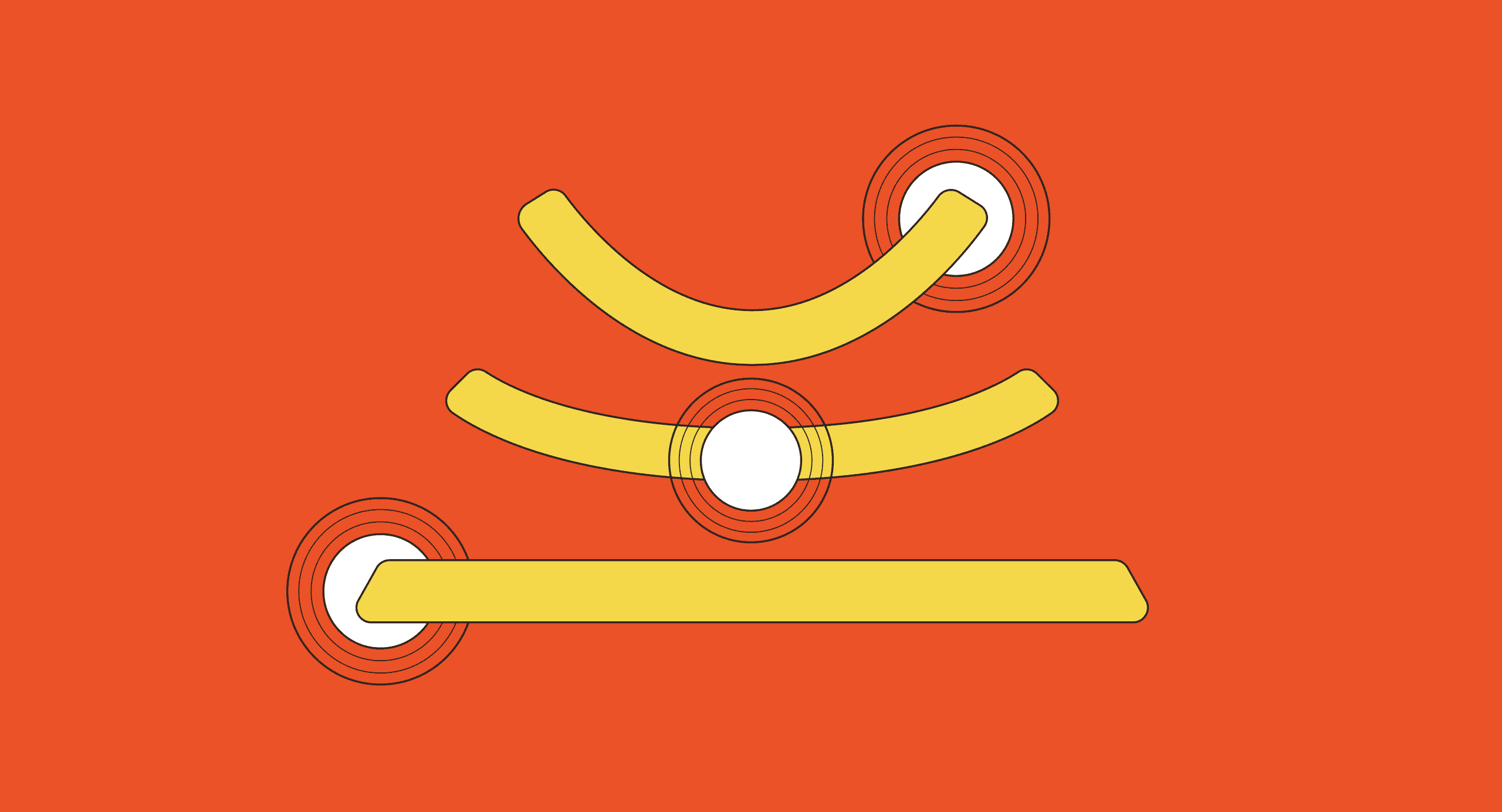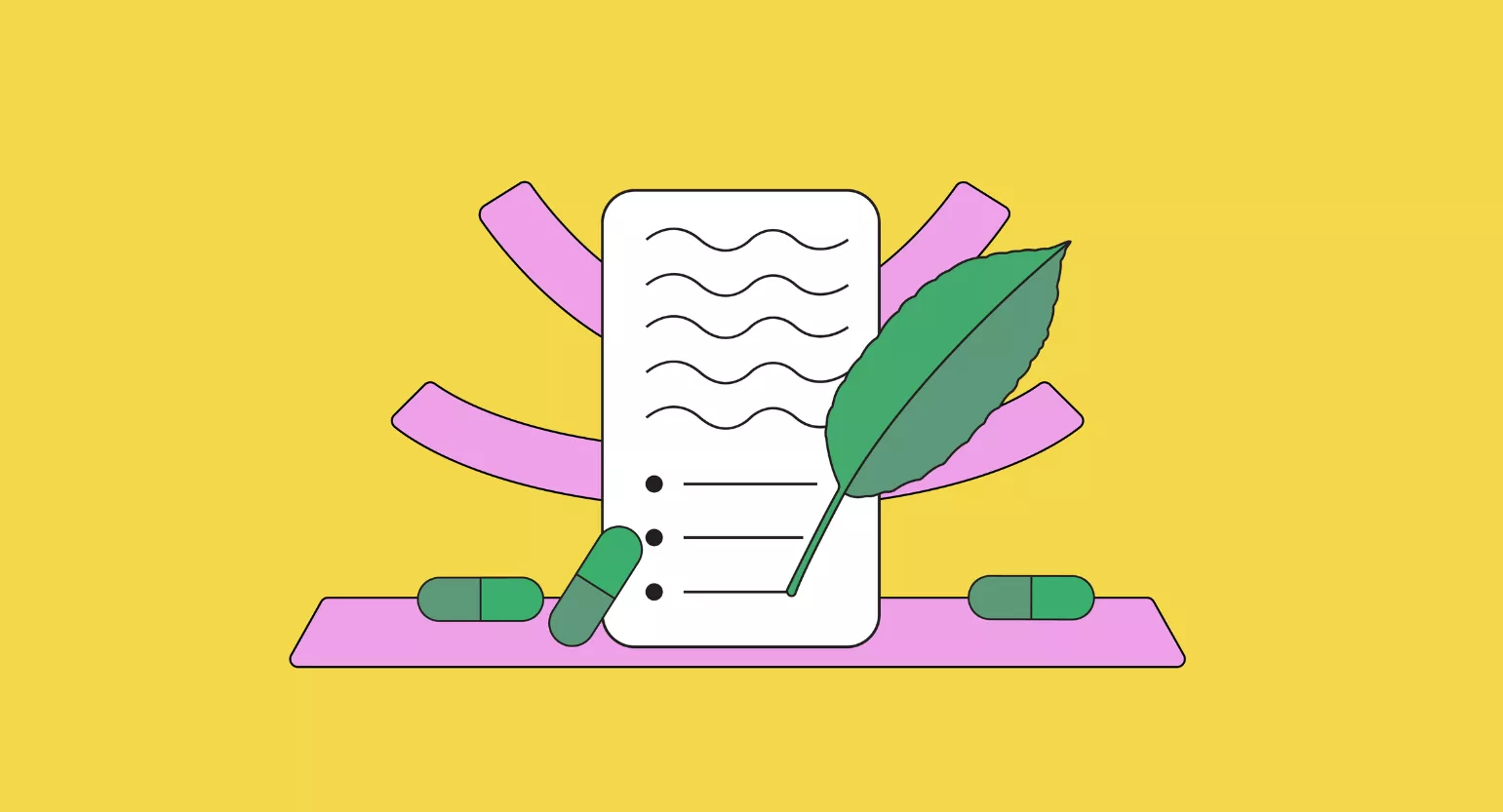Is There a Link Between Social Media & Depression?
One of the basic rules of thumb in science is that correlation does not imply causation when attempting to figure out the true nature of a given phenomenon.
It is very easy to point out how the rise in depression and anxiety correlates almost perfectly with the ubiquitous rise of smartphone usage and social media, but — if we’re trying to be scientifically rigorous — this isn’t enough. We have to prove how social media use causes depression.
Does Social Media Cause Depression?
This, of course, does not mean that correlational data is worthless, only that it must be in the proper context to make a scientifically-sound argument. To prove this causal link, researchers have begun to perform studies examining mental health deterioration and social media use.
For example, a recent study published by the Journal of Social and Clinical Psychology has established a causal link between social media and depression. The study took 143 students from the University of Pennsylvania and divided them into two groups: one that would continue their usual social media habits and one that would have social media severely limited.
At the beginning of the study, there was a baseline assessment of mental health symptoms. It was then repeated after the study had gone on for three weeks.
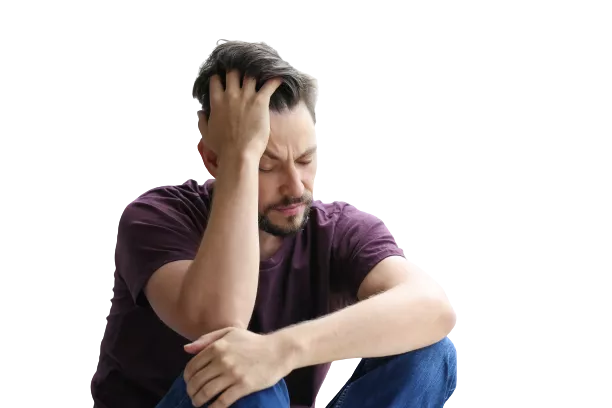
The results were clear: the group that limited their social media usage had far more positive scores in all categories relating to mental health, such as social support, fear of missing out, loneliness, anxiety, depression, self-esteem, autonomy, and self-acceptance [1].
Another basic rule of scientific consensus is replicability. If a study finds a particular outcome, but similar studies fail to replicate that same outcome, then the study’s integrity must be scrutinized. So it’s very telling that other studies examining social media and depression have successfully replicated the results of the former study.
Or Does Depression Cause More Social Media Use?
However — other studies suggest that there’s a link, but it’s because depressed people spend more time on social media [5, 6]. In other words, social media doesn’t always cause depression; depression sometimes causes people to use it more. There’s a correlation, but not always causation.
Those with depression tend to prefer online interaction instead of face-to-face contact. This kind of socializing is often easier for those with stigmatizing health conditions. Strong social ties promote a healthier, more positive outlook, which is a good thing [7].
Unfortunately, social media is also a coping mechanism — a way to avoid the negative things in life. This is where addiction and overuse come in.
Is All Social Media the Same?
Studies also show that not all social media use is the same. There are good and bad ways to use it. As previously mentioned, it’s an easy way for people to connect that otherwise struggle to do so.
Friends and family can keep in touch, despite distance and time restraints. In fact, one study showed a high number of friends significantly predicted higher perceived social support, lower stress, better health, and increased well-being [8].

Other studies suggest it’s a matter of quality, not quantity. It’s not the amount of time that matters but how we use it [9, 10]. When social media is used to gain social resources, the overall impact can be positive, not negative. Many businesses rely on social media, so this is especially true.
Researchers found few correlations between the amount of time on social media and depression and concluded that “time spent online is not necessarily indicative of problematic use.” [9]
Another study found that comparing oneself to others was a huge factor in depression caused by social media [11]. Individuals vary in their likelihood to compare themselves to others — referred to as social comparison orientation (SCO). Those with high SCO were more likely to use Facebook heavily, had lower self-esteem, and experienced more negative effects.
How Exactly Can Social Media Affect Mental Health?
Studies attempting to ascertain the exact methods by which social media affects our mental health are a lot harder to perform. There are a mind-boggling amount of factors that researchers have to consider when dealing with these questions, like brain chemistry and complex social media algorithms and trends.

Social Comparison
A lot of ground has been covered by researchers who believe they have a significant handle on what is happening. A recent study has pointed to the “upward social comparison” phenomenon as a critical driver of social media-related anxiety.
The rise of social media has led to an unprecedented surge in the rate of social comparison (i.e., scrolling through your Instagram stories and assessing the relative worth of your life compared to others). Researchers have shown how this can quickly lead to a drop in people’s subjective well-being [2]. And it’s not like they have to compare themselves to others consciously; this process happens primarily unconsciously.
This phenomenon of upward social comparison is further amplified by the fact that people extensively curate what parts of their lives go on social media. This might seem obvious, but people only tend to post positive aspects of their lives. In this way, what we see on social media is highly curated and meant to evoke a particular perception. This my-life-is-always-amazing perception of others can, by comparison, destroy people’s self-worth.
But there are other, more physiological, mechanisms by which social media affects our brains and thus our mental health.
Improper Sleep
For example, recent studies have found that social media usage is one of the primary sources of improper sleeping habits [3]. How many times have you scrolled through social media just before going to bed?
As it turns out, social media use right before bed can reduce the body’s sleeping cycles, leading to less regenerative sleep [4]. And seeing how sleep affects a whole swathe of bodily functions, it’s not hard to see how social media usage can affect our mental health through improper rest.
Greater Connection
To touch on one of the positives, possibly the best thing about social media is how easy it is to stay connected. Online friendships aren’t always the shallow contacts they’re made to be. And with friends and family scattered across the world, it’s great that we can talk in real-time and not rely on the mail system or emails.
Humans are made to connect, and social media helps us do just that.
Expand Businesses
Doing away with social media altogether isn’t an option for most people these days. Even if you hate it, chances are your business relies on it at least somewhat. It’s a great way to advertise, an easy way to connect with customers, and can help your business expand.
Related: The Censorship of Kratom on Social Media Platforms.

What Can We Do?
The obvious answer to this question is simple: use less social media. It has some very real, significant benefits, like connecting with almost anybody around the world. Millions of people have jobs and livelihoods that crucially involve social media.
So what can be done?
If you’re unable to or unwilling to cut out social media, the best strategy is to limit your social media usage severely. There are several ways you can go about this.
The simplest is to use your willpower and not log into social media, but seeing as how checking Instagram is a sort of reflex for many people, more help is usually needed. For instance, iPhone now allows you to go into your settings and program a set time limit for daily social media usage. You can also delete the app so that the icon on your phone won’t constantly tempt you.
Another popular method is not taking your phone with you if you won’t need it. Are you going out for a movie or a dinner date? Consider leaving your phone at home; that way, you won’t be tempted to check it.
Other experts recommend seriously auditing what social media accounts you follow. This method is somewhat more challenging as it requires more serious introspection. You need to look at every account and judge whether the content it puts out creates positive or negative associations in your mind. You might like the content or find it interesting, but the effect it creates inside your mind and on your self-worth could be pretty damaging. Try to limit all content that makes negative associations.

Physical activity also significantly reduces the risk of depression and addictive tendencies related to social media use [6]. If you struggle in this area, consider adding a daily exercise routine.
Conclusion: Is Social Media to Blame?
Nowadays, social media usage is such a pervasive aspect of our lives that it can feel almost impossible to get away from it. While the jury is out on the actual impact of social media, it’s safe to say that it can be detrimental to your mental (and physical) health — but don’t despair. You’re not alone. Millions upon millions of people are waking up every day to the harmful effects of social media, and it’s only a matter of time before a society-wide reckoning is due. We can finally have an honest conversation about the good and the bad.
Regardless, we all must take some personal responsibility and work to limit the reach of social media in our lives.
- Woods, H. C., & Scott, H. (2016). # Sleepyteens: Social media use in adolescence is associated with poor sleep quality, anxiety, depression, and low self-esteem. Journal of adolescence, 51, 41-49.
- Wang, W., Wang, M., Hu, Q., Wang, P., Lei, L., & Jiang, S. (2020). Upward social comparison on mobile social media and depression: The mediating role of envy and the moderating role of marital quality. Journal of affective disorders, 270, 143-149.
- Levenson, J. C., Shensa, A., Sidani, J. E., Colditz, J. B., & Primack, B. A. (2016). The association between social media use and sleep disturbance among young adults. Preventive medicine, 85, 36-41.
- Alonzo, R., Hussain, J., Stranges, S., & Anderson, K. K. (2021). Interplay between social media use, sleep quality, and mental health in youth: A systematic review. Sleep Medicine Reviews, 56, 101414.
- Thapa, R., & Subedi, S. (2018). Social media and depression. Journal of Psychiatrists’ Association of Nepal, 7(2), 1-4.
- Brailovskaia, J., & Margraf, J. (2020). Relationship between depression symptoms, physical activity, and addictive social media use. Cyberpsychology, Behavior, and Social Networking, 23(12), 818-822.
- Miller, C. (2020). Does social media cause depression. Child Mind Institute, 11.
- Nabi, R. L., Prestin, A., & So, J. (2013). Facebook friends with (health) benefits? Exploring social network site use and perceptions of social support, stress, and well-being. Cyberpsychology, behavior, and social networking, 16(10), 721-727.
- Marino, C. (2018). Quality of social-media use may matter more than frequency of use for adolescents’ depression.
- Feinstein, B. A., Hershenberg, R., Bhatia, V., Latack, J. A., Meuwly, N., & Davila, J. (2013). Negative social comparison on Facebook and depressive symptoms: Rumination as a mechanism. Psychology of Popular Media Culture, 2(3), 161.
- Vogel, E. A., Rose, J. P., Okdie, B. M., Eckles, K., & Franz, B. (2015). Who compares and despairs? The effect of social comparison orientation on social media use and its outcomes. Personality and individual differences, 86, 249-256.

